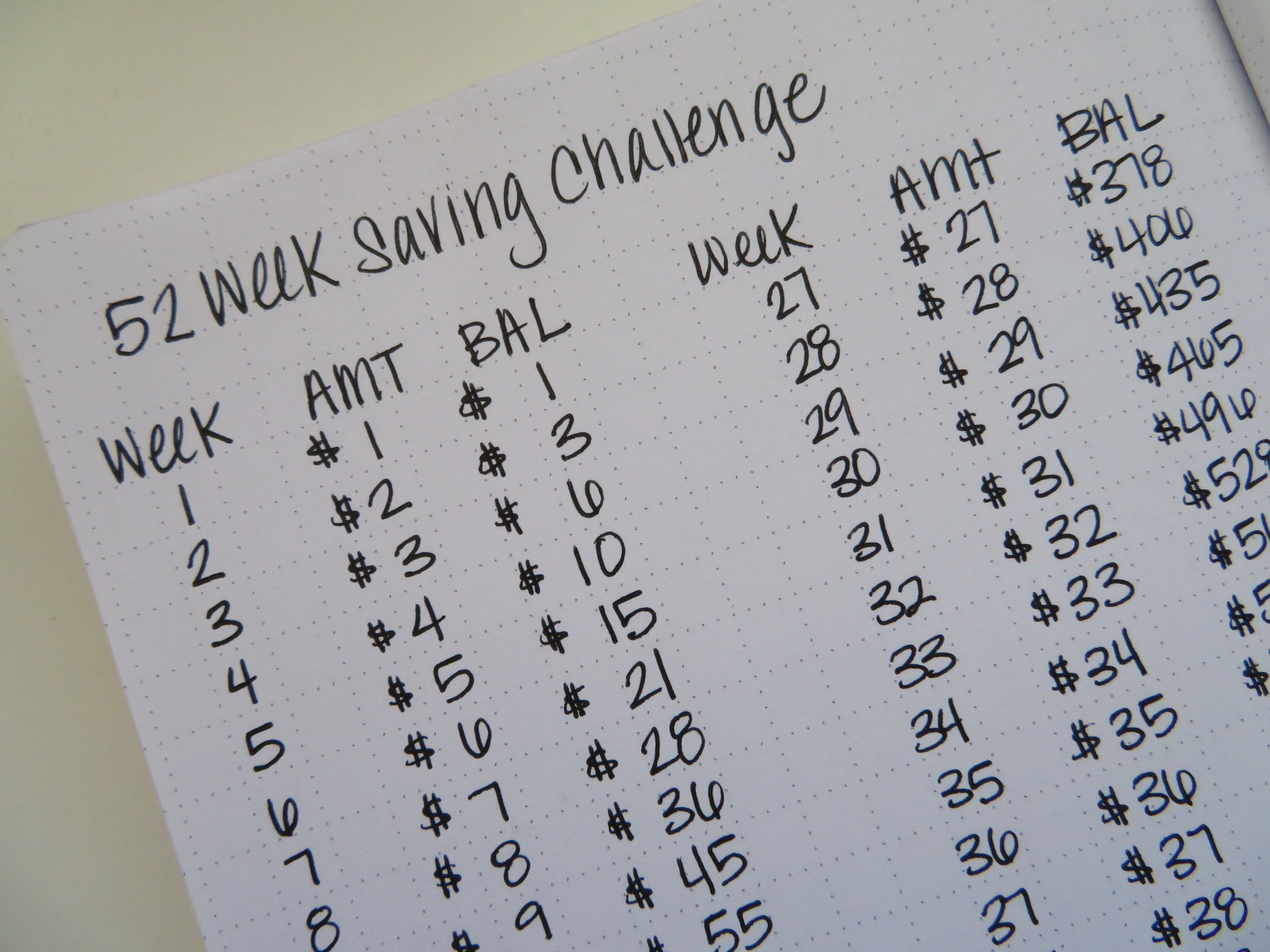What’s up y’all! I hope you’ve had a productive week. So, I’ve never shared that I’ve worked in financial services for 10 years so far. In 2009 I got my Series 7 and 63 licenses, and became a Certified Equity Professional (CEP) in 2016. Working in the financial services industry has really changed the trajectory of my life. I’ve learned so much through my professional career about money and investing that has help me personally, and I want to share those things with you. As I get older and learn more about my family and history, I’m starting to understand the importance of legacy. Knowing how money works and applying this knowledge is vital to building a strong legacy. Even if you don’t have a family yet (Me) or may not want a family at all (Not me), it’s still important to build a strong foundation so you can take care of yourself—cuz if you ain’t got no kids, who gon take care of you, boo?
I know it can be a little intimidating but investing is vital for building a strong financial foundation. I want to start with the basics and explain exactly what a brokerage account is.
A brokerage account is a taxable account you’d open with a licensed brokerage firm that you deposit money into in order to purchase securities such as stock, bonds, mutual funds and ETFs (don’t worry, I’ll have another post that explains what these are). To make it plain, a brokerage account would be similar to a checking account, but instead of depositing money into it to buy everyday things like gas, clothes and food, you use the money in the account to buy stocks and other investment tools. The account is non-interest bearing, meaning if you don’t use the money you deposit to buy any securities, it will just sit there and won’t grow. Additionally, when you sell the securities that you purchase in the account you will be responsible for paying taxes, called capital gains tax, on any money that you make. For example, if you buy a share of stock at $50 and sell it for $100, you’d pay capital gains tax on the $50 gain ($100-$50).
You can choose between two different types of brokerage accounts. The first is a full-service brokerage account. With this type of account you generally will have a financial advisor that does the investing for you. They gather information about you including your age, time to retirement, objectives and risk tolerance, then determine a mix of investments that should work best for you. This is a great hands-off option for anyone that prefers professional guidance. Now obviously if you have someone doing the work for you, they’re gonna need to get paid. Generally, an advisory fee will apply, which is usually a percentage of the total account value. Additionally, there are asset minimums on full-service accounts. Clients would need to have a minimum balance to qualify for professional management. You should check with the specific brokerage for these minimums. Here is an article that ranks the top full-service brokerage firms as determined by JD Power and Associates: https://www.thinkadvisor.com/2019/03/14/best-full-service-investment-firms-ranked-by-investors-j-d-power-2019/?slreturn=20190829182303
The other type of brokerage account is a self-directed account. This allows you a DIY approach to investing. Generally, these types of accounts can be opened at any discount brokerage firm such as Charles Schwab, E*Trade, Ameritrade, and Fidelity. They have lower to no management or account fees and allow you the freedom to choose what assets you want to buy and when you want to sell. When you buy and sell securities you generally will only be charged a commission (sales fee). On certain securities like mutual funds and ETFs however, there may not be any fees at all, depending on the fund. These accounts would be perfect for an investor looking for a low-cost option that allows them a high level of freedom.
There is a third type of investment account that has recently sprouted up thanks to some savvy millennials. They are investing apps. Companies like Robinhood, Acorns, Bettermint, Stash and Wealthsimple have simplified things and allow you to invest through your smartphone. Many of these companies provide a hands-off approach as well by allowing you to invest small amounts over time without transaction fees. Here is an article that explains how some of the top apps work: https://www.policygenius.com/blog/the-best-investing-apps/
Some things you should look for when shopping a brokerage firm are the following:
- What are the maintenance fees and under what circumstances will they be charged
- What are the commissions
- What types of securities can you purchase
- How can you access your account (desk-top, mobile, online, apps)
- How can you deposit and withdraw your money, and what fees apply
- What modeling and research tools do they offer
- What type of deposit insurance protection (FDIC) do they offer
Whether you choose a professionally managed or self-directed account, you want to make sure you always do your own research before buying into a specific fund or company. My personal rule of thumb is to never invest in something you don’t understand, a company you don’t know or anything you think will get you rich quick. Investing is not a one night stand, it’s a long term relationship with ups and downs, so you have to do some research before you decide to risk it all.
I hope this helps you have a better understanding of what a brokerage account is. Stay tuned and subscribe for more posts like this. Also, leave a comment below if you have any questions or requests for future posts, or to just let me know if this was helpful or not.
Thanks for reading!



